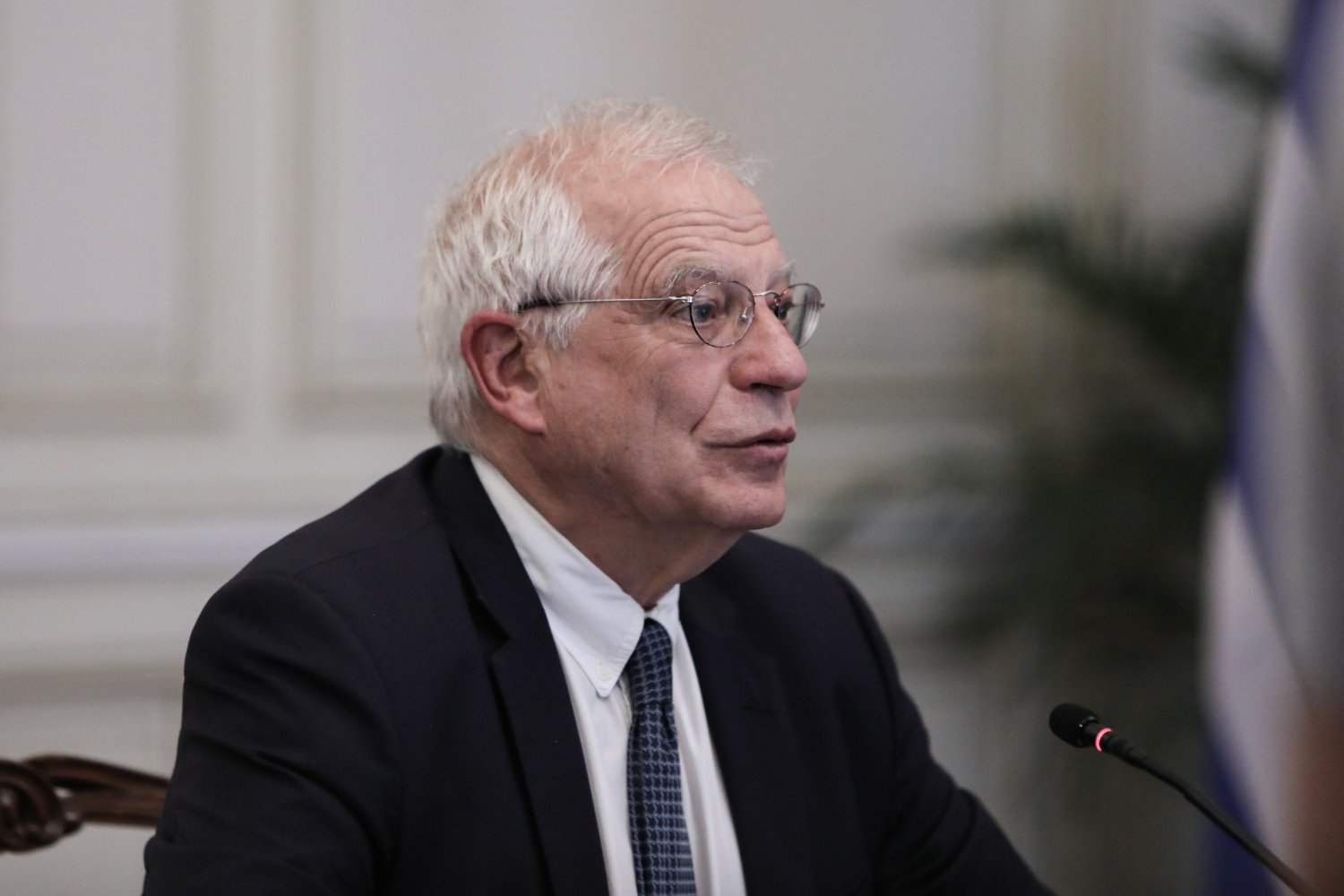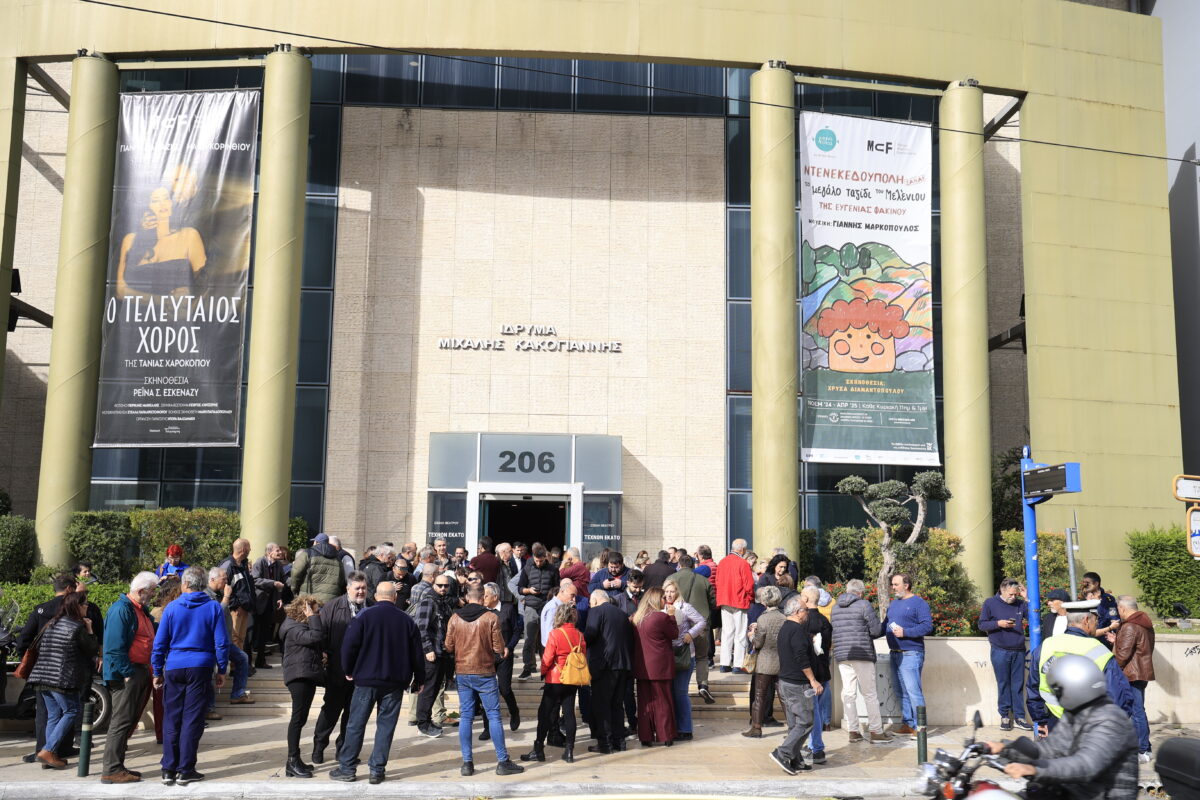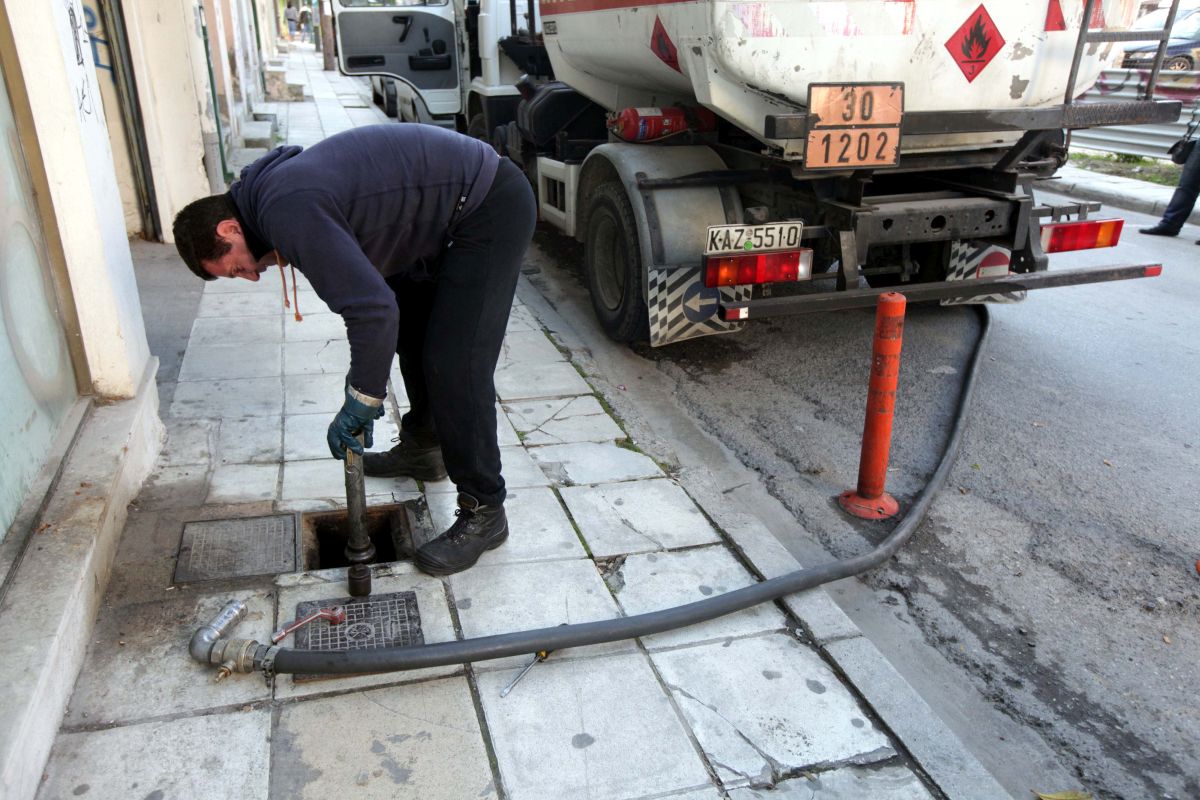European Union governments are obliged to implement the arrest warrants of the International Criminal Court and cannot choose whether to implement them or not, the head of European diplomacy, Josep Borrell, said.
The International Criminal Court has issued arrest warrants for Israeli Prime Minister Benjamin Netanyahu, former Israeli Defense Minister Yoav Gallad and the head of Hamas’ armed wing Ezzedine al-Qassam Ibrahim Al-Masri, who are suspected of committing war crimes and crimes against humanity.
All the countries of the European Union have signed the founding treaty of the International Criminal Court called the Rome Statute.
Many European countries have declared their commitment to the Rome Statute if necessary, but Hungarian Prime Minister Viktor Orban has invited Netanyahu to visit Hungary, assuring him that he is not in danger there.
“Countries that have signed the Rome Statute are obliged to implement the decision of the Court. It is not optional,” said Josep Borrell during his visit to Cyprus to participate in a symposium of Israeli and Palestinian peace activists. The same obligations are binding for countries that are candidates for membership in the European Union.
“It would be very funny if the newcomers have an obligation that the existing members do not keep,” Josep Borrell told Reuters.
The United States rejected the ICC ruling, and Israel called the international court “anti-Semitic.”
“Every time someone disagrees with the policy of an Israeli government they are accused of anti-Semitism,” Borrell said. “I have the right to criticize the decisions of an Israeli government, whether Netanyahu’s or someone else’s, without being accused of anti-Semitism. This is not acceptable. That’s enough!”.
#Borrell #governments #arrest #Netanyahu
* Given the differing reactions from EU members like Hungary, how might the ICC’s authority and effectiveness be challenged within the European Union? [[1](https://news.un.org/en/story/2024/11/1157286)]
## World Today News: The ICC Arrest Warrants: A Crossroads for Europe?
Welcome to World Today News. Today, we delve into the complex issue surrounding the International Criminal Court’s (ICC) arrest warrants issued for Israeli Prime Minister Benjamin Netanyahu, former Defense Minister Yoav Gallant, and Hamas commander Ezzedine al-Qassam Ibrahim Al-Masri.
We are joined by two distinguished guests:
* **Professor Maria Garcia:** A renowned legal expert specializing in international law and war crimes.
* **Mr. David Levitt:** A seasoned political analyst specializing in Middle Eastern affairs.
Thank you both for joining us.
**Section 1: The Legal Landscape – Obligations and Interpretations**
* **Professor Garcia,** the ICC’s arrest warrants have sparked debate regarding the legal obligations of EU members. Josep Borrell, the EU’s chief diplomat, stated that countries signatory to the Rome Statute must implement ICC decisions. Can you elaborate on the legal standing of the Rome Statute and its implications for EU member states?
* **Mr. Levitt,** Hungary’s Prime Minister Viktor Orban has publicly reassured Netanyahu about his safety within Hungary, seemingly defying EU obligations under the Rome Statute. How do you see this discrepancy playing out within the European Union?
**Section 2: Political Dynamics – Balancing Justice and Diplomacy**
* **Mr. Levitt,** the arrest warrants have been met with strong reactions from both Israel and the United States. Israel has accused the ICC of anti-Semitism, while the US has rejected the ruling. How might these reactions influence the political landscape and international relations?
* **Professor Garcia,** some argue that political considerations might override legal obligations when it comes to implementing ICC arrest warrants. Do you think this is a valid concern in this particular case?
**Section 3: The Wider Implications - Justice, Peace, and Global Security**
* **Professor Garcia,** the ICC is meant to uphold universal justice. Do you believe these arrest warrants are a step towards achieving that goal, or do they risk exacerbating existing tensions?
* **Mr. Levitt,** the Rome Statute has been criticized for its perceived selectivity and lack of universality. How do you think the current situation will impact the role and perceived legitimacy of the ICC moving forward?
**Concluding Remarks:**
Thank you both for your insightful perspectives on this complex and pressing issue. The arrest warrants issued by the ICC have undoubtedly raised important questions about international law, diplomacy, and the pursuit of justice. Only time will tell how these issues will unfold and what impact they will have on the global stage.
[[1](https://news.un.org/en/story/2024/11/1157286)]


